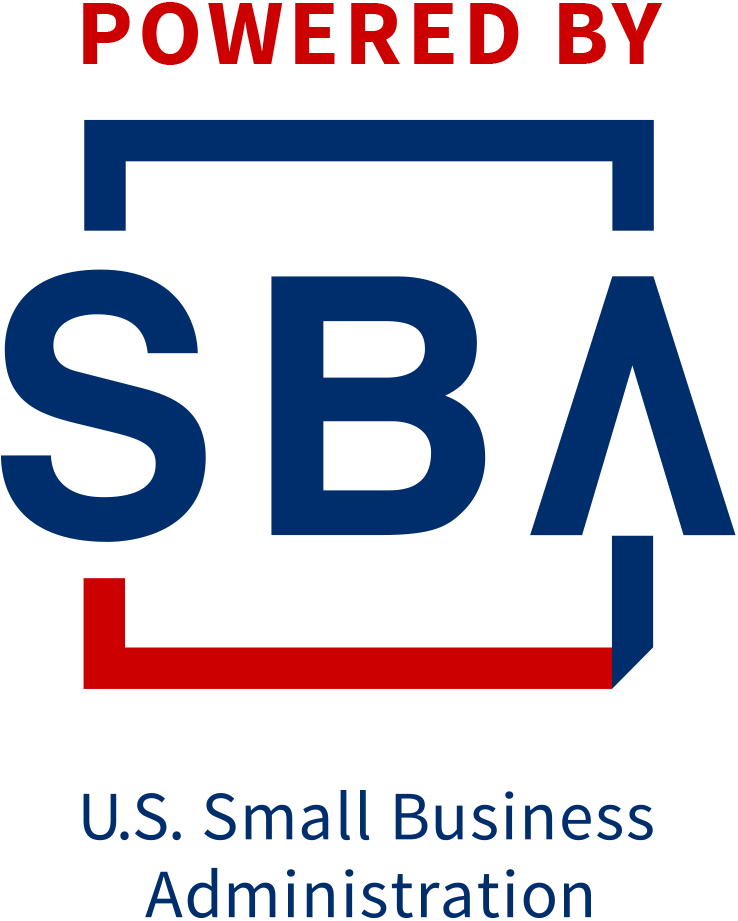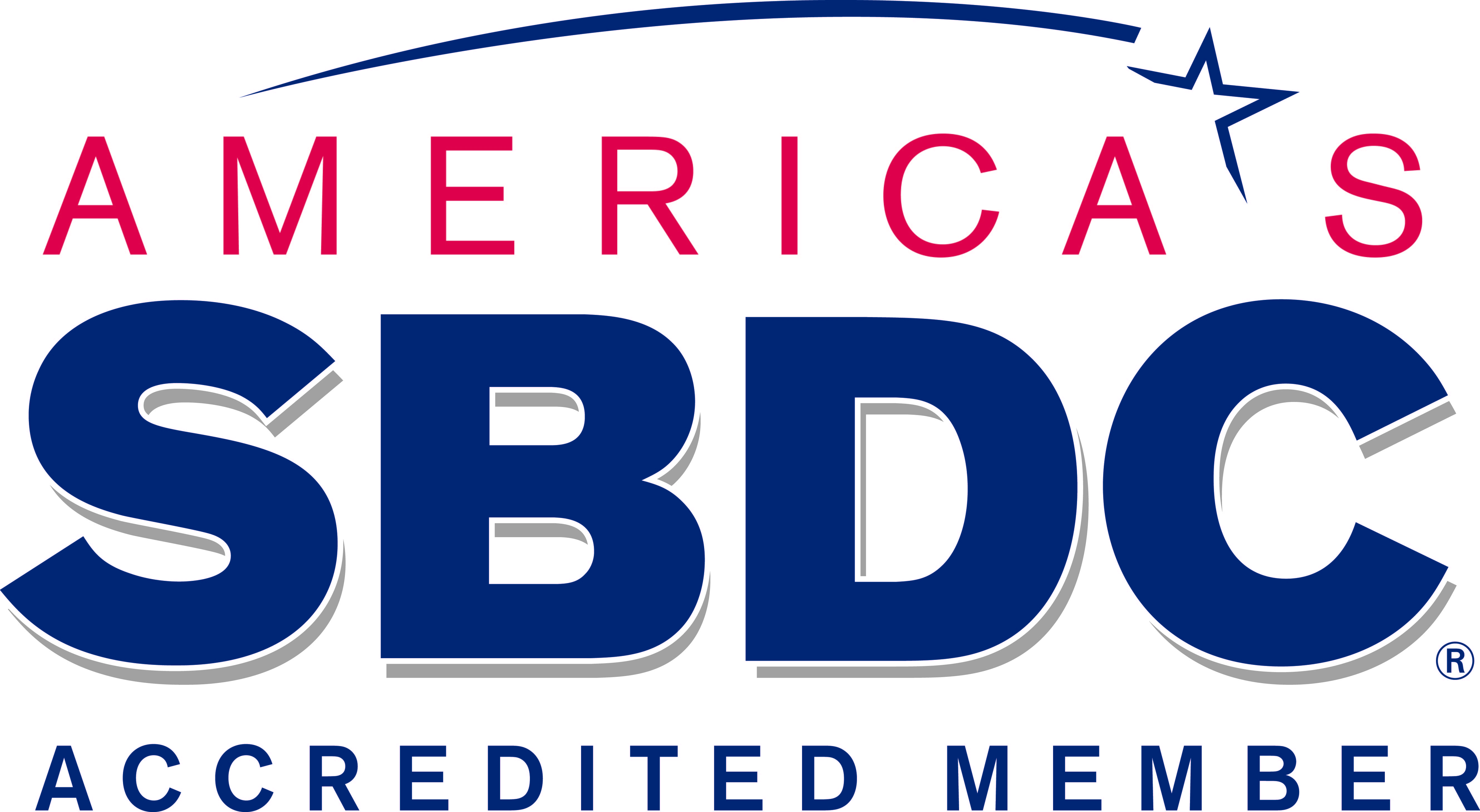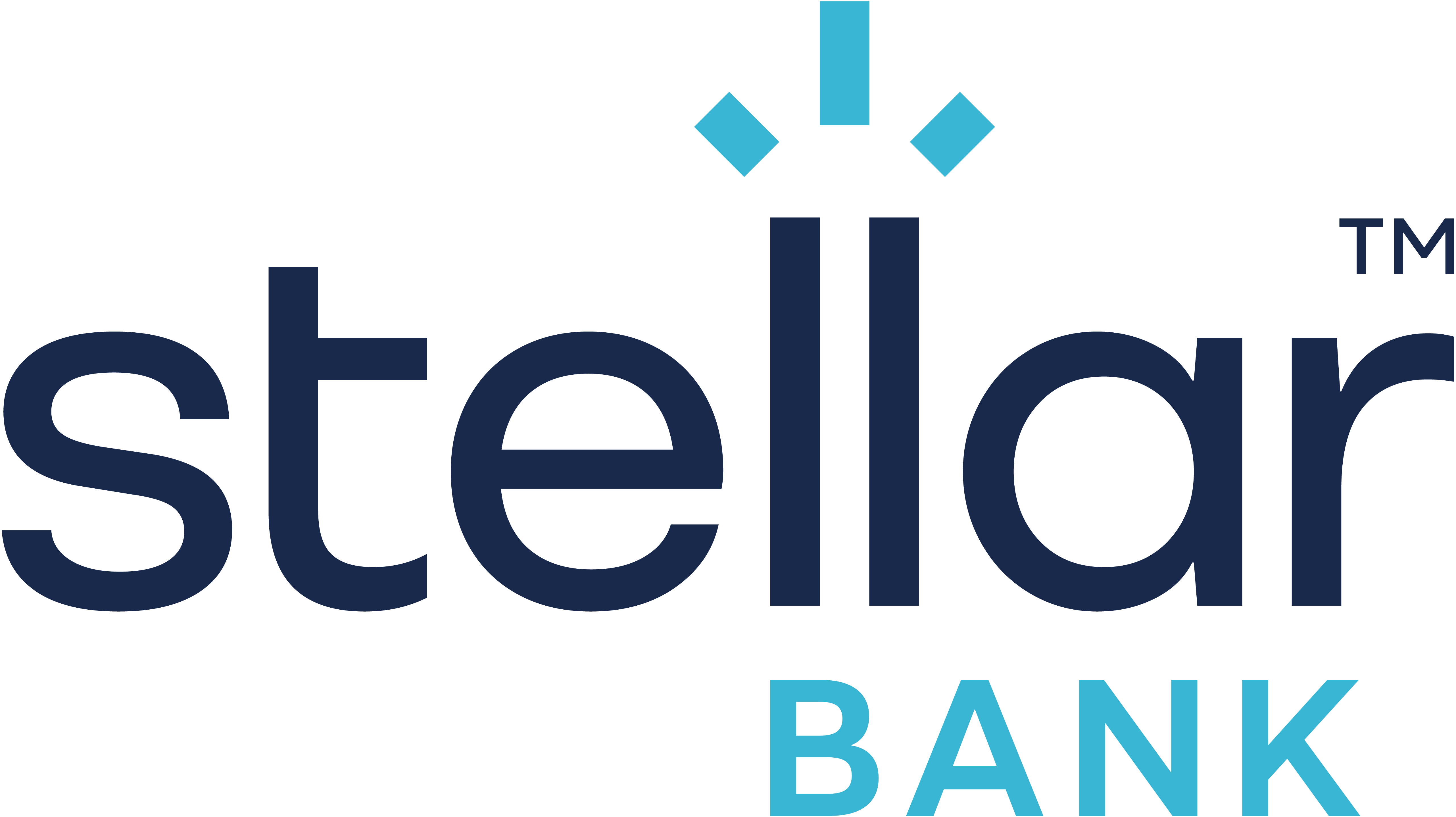Common Mistakes When Applying for Small Business Loans

By Michelle Loredo
One of the most common mistakes that small business owners make when applying for a business loan is to submit inaccurate financial information. According to Rohit Arora at Forbes, incorrect financial records is the leading reason why small business owners get their application rejected.
To help you counter and avoid mistakes, here’s a look into the common mistakes to avoid and tips to successfully apply.
Avoid Being Unprepared
The biggest mistake that small business owners make is being unprepared for when they need financial assistance. Don’t wait until a natural disaster or pandemic hits to scramble to get your information in order.
This Includes:
- Business Contact Information
- Business Legal Paperwork
- Business Plan
- Expense Documents
- Financial Records
- Payroll Reports
- Tax Returns
- Utility Expenses
- Rent/Mortgage Information
- Owner’s Contact Information
When you apply for a small business loan, all business paperwork and financial information have to be up to date. Your lending file should highlight your ability to pay the loan back promptly.
Reasons Why You Can Be Denied
One of the biggest reasons that lending institutions turn down businesses is that they submit inaccurate paperwork. When preparing your lending file, include all current business information, legal paperwork, business structure, financial and tax paperwork. Some business owners feel compelled to change their financial numbers to seem more qualified for the loan, but this gets their applications rejected. Submit only updated documents that are requested by the lending institution.
When you are applying for a small business loan, you need to have a clear outline of why you need the loan and how you are going to use the funds.
Another common mistake is to change your business plan and structure right before you apply for a small business loan. Lenders will assume that something is wrong with your business. Having a solid business plan can help your chances of receiving funds because lenders will believe that your business is stable.
Not knowing your credit score can also hurt you when you’re going through a small business loan application process. Not having the correct credit score can limit you on what kind of funding your business can receive. A tip to make sure your loan application gets approved is to make sure all of the information is correct on the report, so your score is not marked a having a low rating.
Lastly, give yourself enough time to look for different funding options and have your lending paperwork ready. The more time you give yourself to look for loan opportunities, the higher the possibility of receiving better interest rates and favorable loan terms.
Different Business Loan and Financing Options
The U.S. Small Business Administration offers different types of loans and funding options that offer less risk when applying and receiving the funds. The funding programs include:
- Disaster Assistance
- SBA Loans
- Investment Capital
- Grants
The ongoing pandemic has caused the use of disaster assistance to skyrocket. The two main financing options are the Paycheck Protection Program and Economic Injury Disaster Loan.
The PPP loan provides an incentive for owners to keep their employees on payroll and keep small businesses afloat through financial struggles. The EIDL loan gives economic relief to small businesses that are facing the loss of business revenue. As of August 2020, both applications are closed.
You can find an investor through Small Business Investment Companies that are licensed by the SBA. The loan range starts from $250,000 to $10 million with interest between 9 percent and 16 percent.
The SBA has grants that cover different types of business endeavors. Grants cover research and development, exporting, nonprofits and more.
Get Help From the SBDC
If you would like one-on-one help on how to apply for a small business loan, you can meet virtually with one of our business advisors and specialist. With our 14 different locations, we are here to help you throughout the life cycle of your loan process.
Before you reach out, do your research and see what loans you are eligible for. Then, the advisors and specialists can help you with loan underwriting and can confirm program eligibility based on application review and credit report information.







